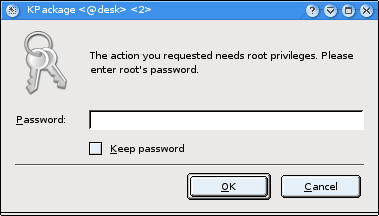
This is something that is not really new news but it is important nonetheless. For Linux users, there are certain things that you cannot do if you do not have what is called ‘root access.’ Basically, if you are not the super user or admin, you will not have access to certain commands.
Why restrict access?
There are certain applications which you would not want your users to install on their computers. Take for example peer to peer apps. If you allow your users the permission to install them, you could have some people sucking up the bandwidth. In a company wherein downloads of files from clients are important for your daily operations, this is a scenario you would like to avoid. If there are users with such apps, you would have to really trace them and monitor them so you would be able to cut down their internet access. Also, another thing is that they might unintentionally download some things that would let your system be infiltrated by worms and all that.
Sudo and sudoers
One way that you could give users a bit of access as admin is to put them in a sudoers list. Sudo is the command to let a user act as if he is the super user or root. The nice thing about it this is that there is also control as to which commands in particular could be run by certain users. If you will use create a list of sudoers, or those users who will have sudo access, you have to use visudo or sudoedit because there is a particular format for the /etc/sudoers file.
[tags]linux,security,access[/tags]

